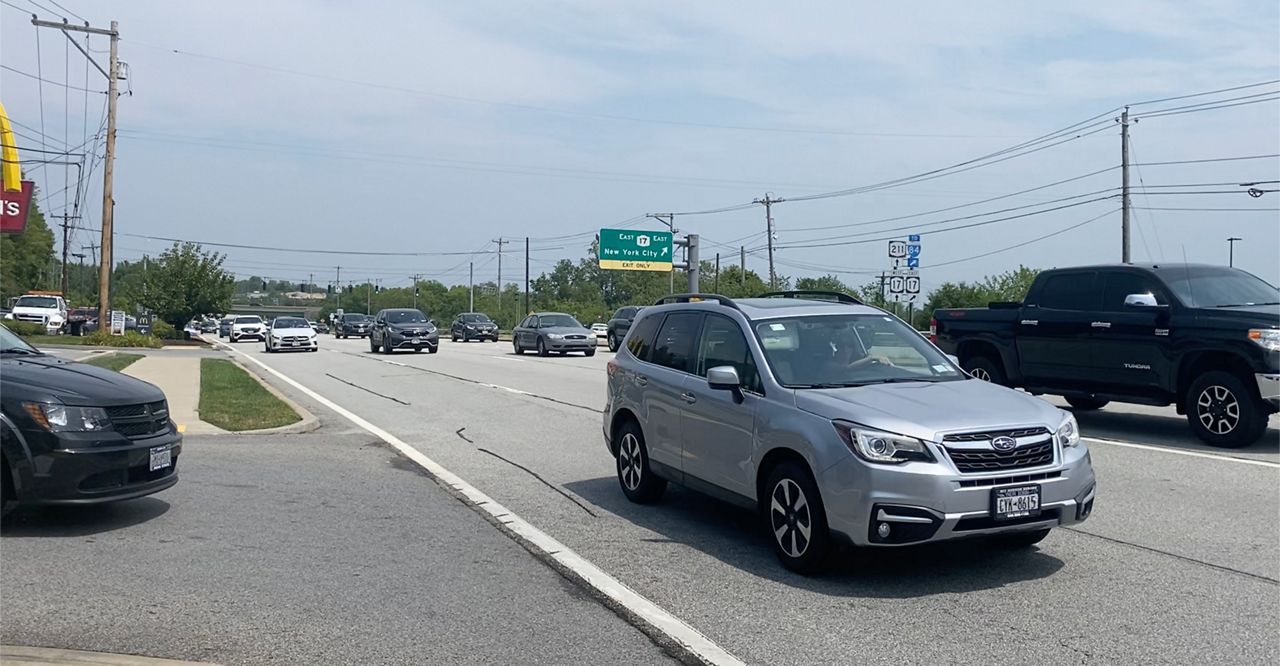In Greg Lang’s 13 years as an insurance agent and owner of The Lang Agency LLC, he’s never seen anything like it.
“I would have people come in, I would be able to turnover around 80% of my quoting. I would be able to get them a new policy," Lang said. "Now, we're looking at about 30 to 40%.”
It’s part of a growing trend of dangerous driving becoming more prevalent on American roads. According to a AAA report, traffic fatalities jumped 17% from May 2020 to December 2022.
That includes an increase of motor vehicle deaths for Black and Hispanic Americans, groups that already are isproportionately affected by these accidents. Black Americans accounted for 34% in the total increase in deaths, while Hispanic Americans accounted for 25%.
Officials from AAA say part of this was due to a decline in road volume during the height of the pandemic. With fewer cars on the road, people sped up, and didn’t slow down once volume returned. People also became less risk adverse behind the wheel.
“They got so worried for a period of time that they were going to get sick that it overwhelmed all other risk," said AAA Hudson Valley Traffic Safety Educator Michael Sweeney. "And they're starting to see that things as simple as seat belt use rates are down.”
Sweeney says the roads must be safer for both drivers and pedestrians. One way to do that is with school-hosted traffic safety courses, many of which were lost during the pandemic. He thinks they should return to the classroom.
“That's forcing a whole generation of teens to do nothing more than being taught by their parents and then going to a one-day, five-hour relicensing class," he said.
Lang says that if premiums start better reflecting a driver’s record, it might force people to be more careful on the road.
“Those that don't drive well or have poor driving histories, their premiums should reflect that," he said. "The good drivers should be rewarded.”



